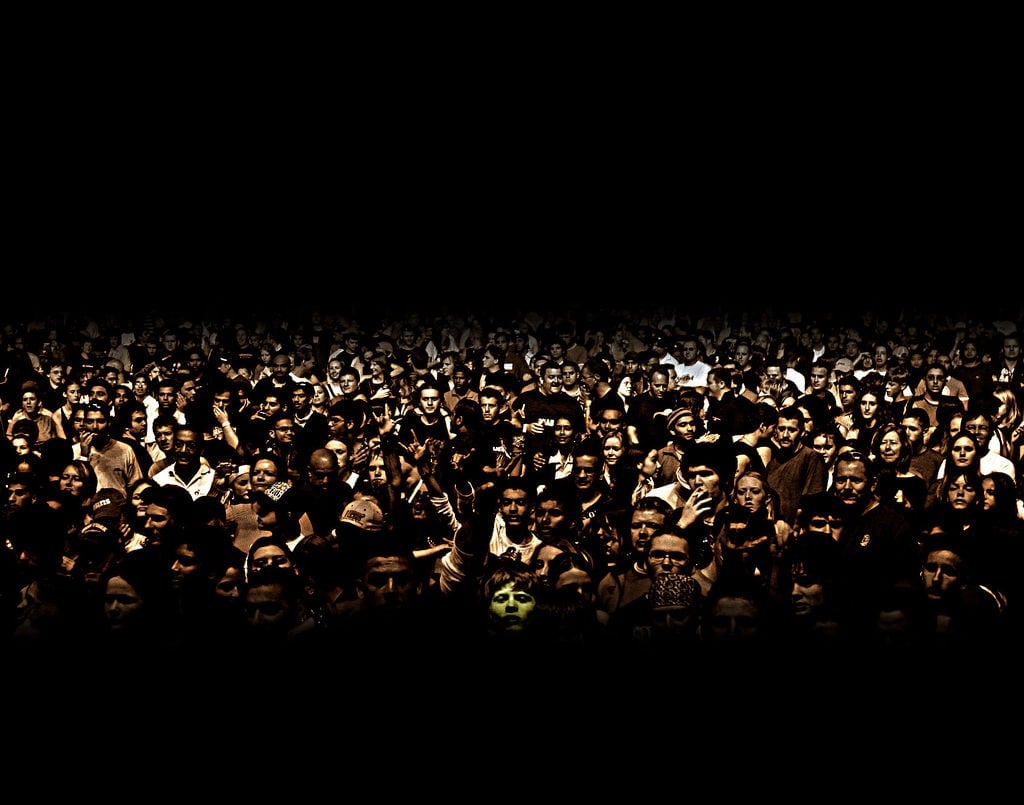
Photo: fady habib (CC BY 2.0)
Report calls for more research into cultural value and inequality
The campaign to boost diversity in the arts is being held back by a lack of research and accurate data, according to a literature review.
Policy makers and funders need a better understanding of how society attributes value to culture if the diversity problem in the arts is to be addressed, a new literature review has found. It identifies a lack of data as impeding progress and is calling for more research to be funded into the creation of cultural value and for more data to be collected on marginalised groups.
Cultural Value and Inequality, a report commissioned by the Arts and Humanities Research Council, explores “the relationship between who gets to ‘consume’ and who gets to ‘make’ and what is at any time considered legitimate culture”. Report co-author Dr Dave O’Brien said this link “raises important questions about what and who is on our stages, screens, in our magazines and on our walls”.
Recent government employment data laid bare the lack of diversity in the cultural workforce. However the report labels this data “weak”, saying it has historically used small sample sizes and raises concerns about the inclusion of ‘software and services’ as a sub-sector of the creative industries. It also points to a failure of current methods of data collection to paint an accurate picture of how diverse groups are engaging with the arts – both as producers and consumers – as a wide range of minority ethnic communities are typically grouped under the single banner of ‘black, Asian and minority ethnic’.
The report also calls for more research into the relationship between location, cultural value and engagement. Pointing to the RoCC and PLACE reports, it says geographic inequalities in engagement and funding have been made clear, but there is a failure to address the “intersection of geography with other types of inequality”.
Join the Discussion
You must be logged in to post a comment.